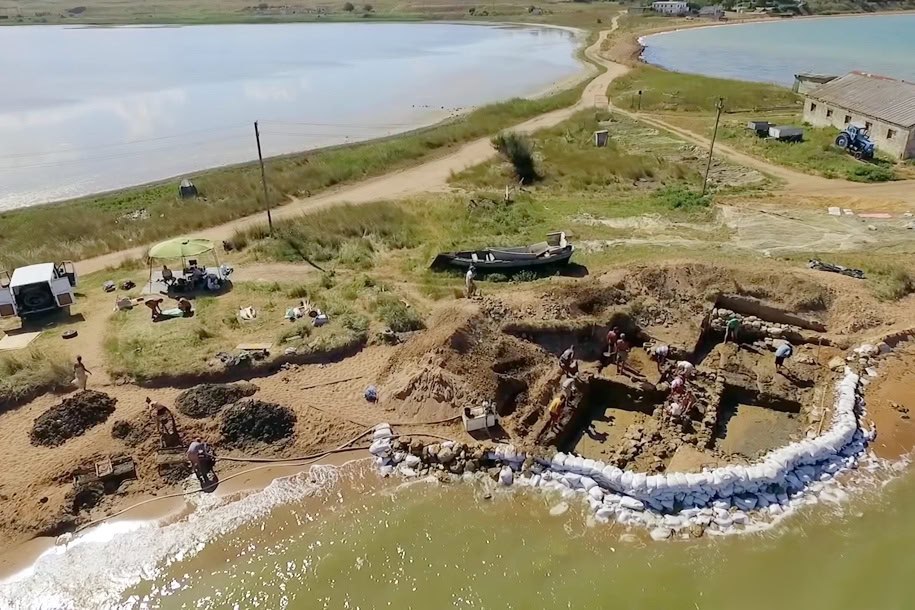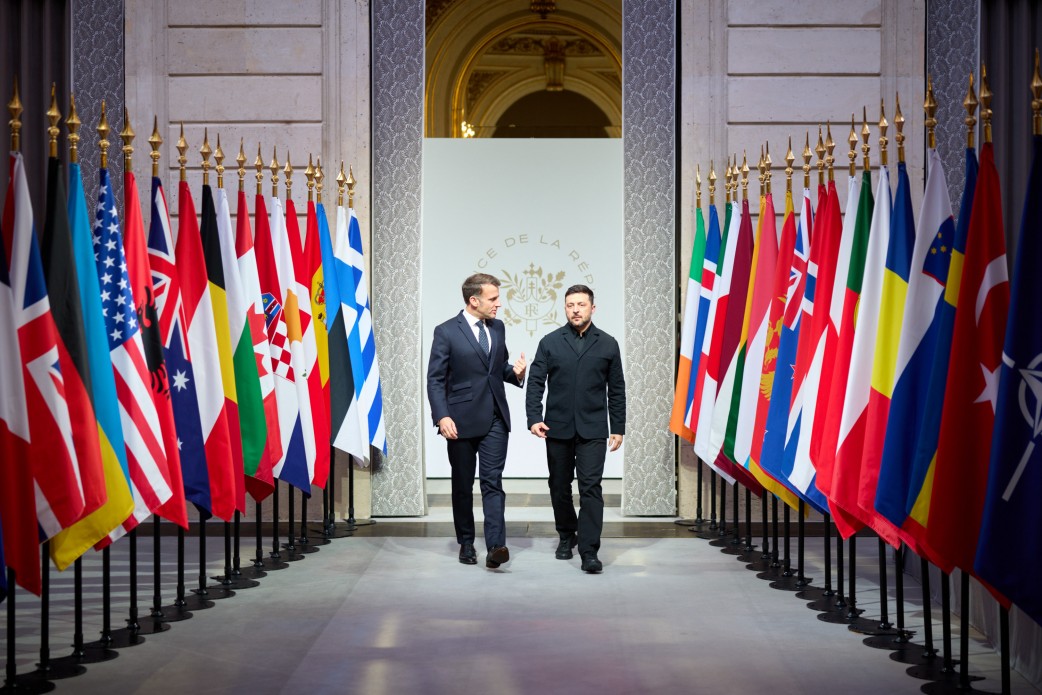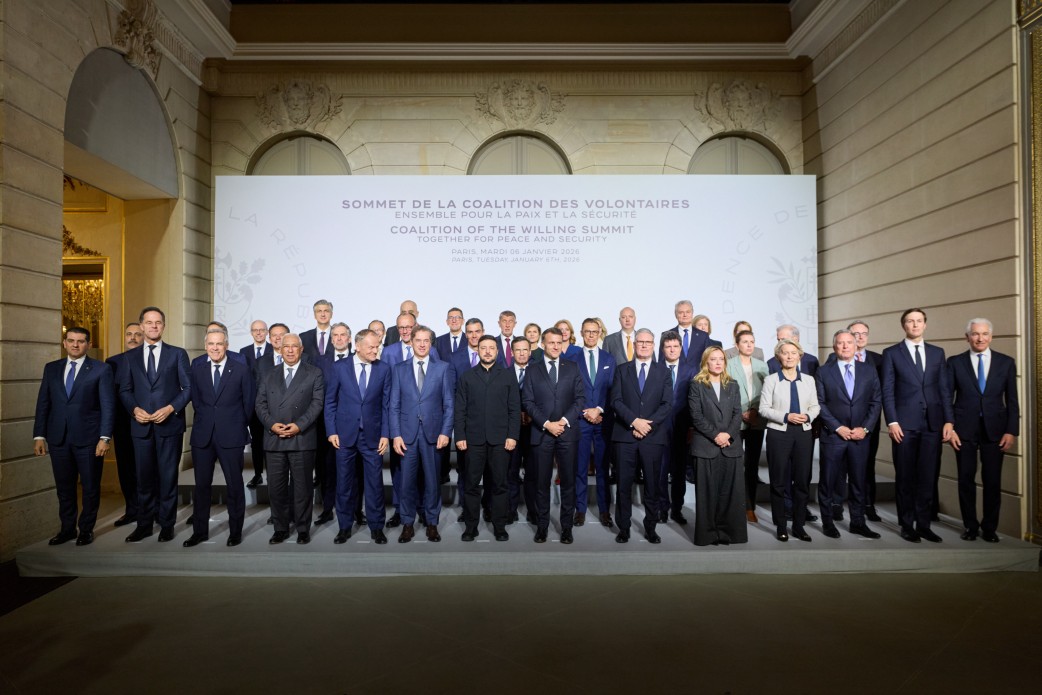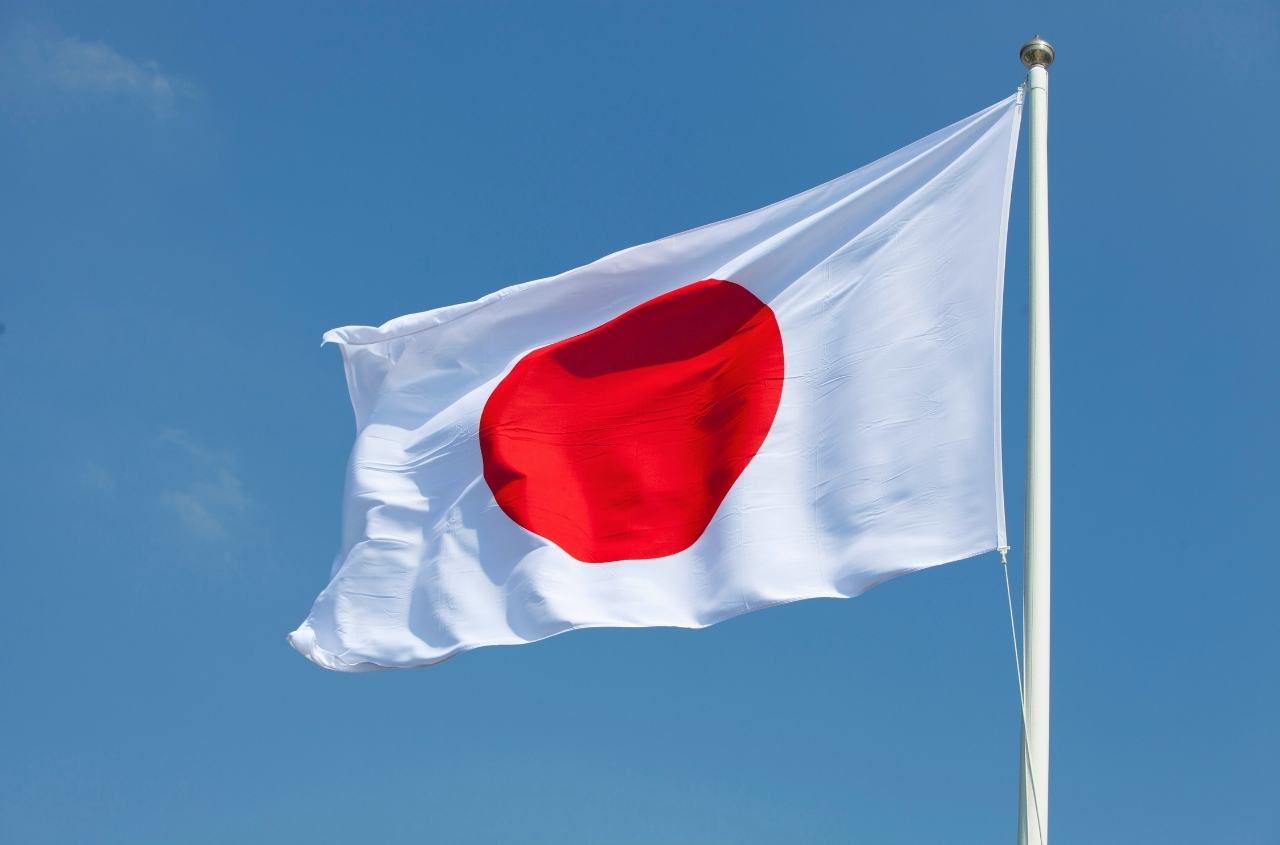Illegal archaeological excavations continue in temporarily occupied Crimea, systematically destroying Ukrainian and Crimean Tatar cultural heritage.
This was reported by the Crimean Tatar Resource Center (CTRC), citing Russian media sources.
“New ‘expeditions’ involving students and researchers from various regions of the Russian Federation began on the peninsula in the summer of 2025,” the report states.
According to Viktor Vakhonyev, senior researcher at the Institute of the History of Material Culture of the Russian Academy of Sciences and Candidate of Historical Sciences, students from Belgorod National Research University are expected to arrive on the Kerch Peninsula to participate in excavations at the site of the ancient Greek city of Akra, sometimes called the “Crimean Atlantis.” An archaeological expedition has also started in the city of Artesian involving several Russian universities, including those from Moscow and the Moscow region.
Vadim Maiko, Director of the Crimean Institute of Archaeology of the Russian Academy of Sciences, reported that at least 12 archaeological expeditions are planned this year by “Crimean scientists,” including excavations near Kiz-Aul.
Natalia Bykovska, Deputy Director General of the Eastern Crimea Historical and Cultural Museum-Reserve, noted that over ten scheduled scientific expeditions are conducted annually in Eastern Crimea alone, studying archaeological monuments.
These excavations are conducted in violation of international law and without Ukraine’s permission, making them illegal. According to international humanitarian law, an occupying power has no right to conduct archaeological surveys or excavations without the consent of the sovereign state. However, Russia regularly ignores these norms, illegally exports discovered artifacts to the Russian Federation, and destroys cultural values and historical sites in occupied Crimea.
The CTRC’s 2024 analysis of human rights violations in occupied Crimea recorded large-scale systematic violations of Ukraine’s cultural heritage protection rights. Among examples is the long-term “restoration” of the Khan’s Palace in Bakhchisarai, which distorted the monument’s authentic appearance. Many Ukrainian experts believe these actions may cause the Khan’s Palace to lose its UNESCO World Heritage status.
Additionally, in Simferopol (Agmescit), illegal construction began at the site of the Kalga-Sultan palace complex and the territory of the Mengli Gerai mosque. The foundation of the shrine was destroyed, along with other historic structures. Thus, the site—of deep religious and historical significance to Crimean Tatars—has been completely erased from the city map.
The CTRC recalled that another example of large-scale destruction of cultural heritage is Chersonesus Taurica, a site of global importance. Russian archaeologists destroyed historic layers, exported valuable artifacts to Russia, and built an open-air theater at the excavation site.
In April 2025, a new exhibition featuring Neolithic and Bronze Age pictographic symbols on churingas (sacred objects believed in ancient beliefs to house the soul) was opened in Chersonesus Taurica.
This amounts to theft and display of artifacts belonging to Ukrainian museums. Such actions are systematic and constitute a serious crime against culture, the CTRC added.
Illegal excavations in occupied Crimea are especially active in summer due to favorable weather, allowing access to more sites and extraction of more artifacts.
Findings date from World War II periods as well as much older eras. For example, during a two-week expedition in summer 2024, the occupiers removed hundreds of small artifacts — shell casings, ammunition elements, household items.
Thus, Russia not only systematically destroys monuments but also illegally exports cultural valuables from the peninsula to state and private museums in Russia, the CTRC concluded.





















